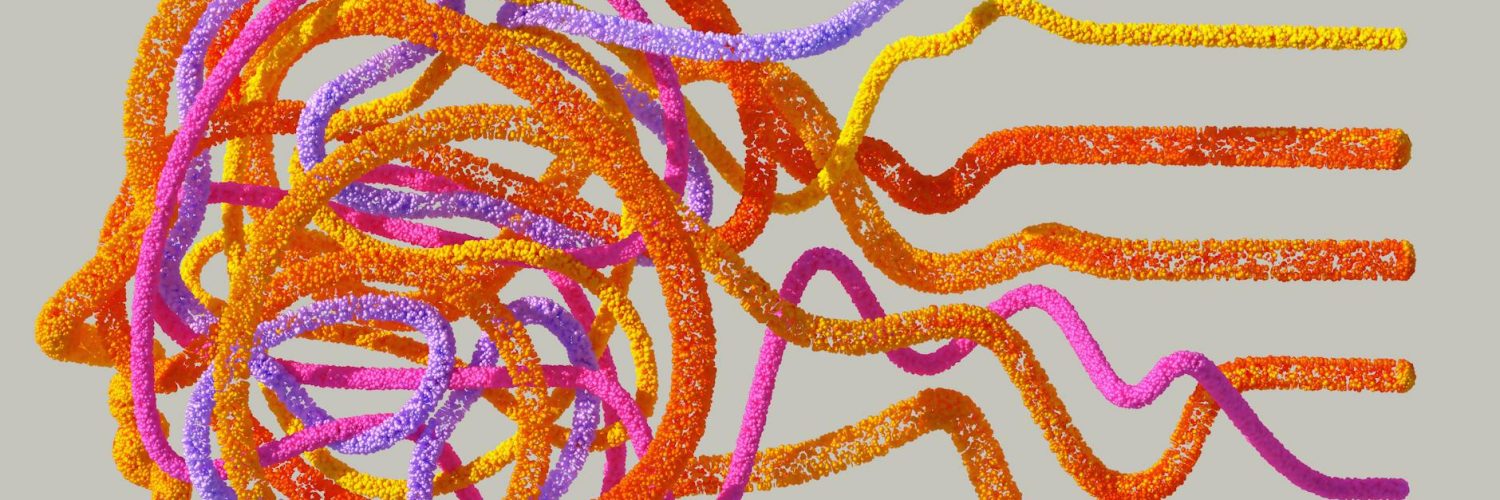Ever wondered why you suddenly crave pizza after seeing a pizza commercial, even if you weren’t hungry before? Or why you’re more likely to help someone if you’ve just found a twenty-dollar bill? Our brains are sneaky things, constantly pulling strings behind the scenes, shaping our thoughts, feelings, and actions in ways we don’t even realize. Let’s dive into some fascinating quirks of human behavior, backed by psychology and real-world examples.
The Power of Priming: Your Brain’s Secret Suggestibility
Priming is a sneaky little phenomenon where exposure to one stimulus influences your response to a later stimulus. That pizza commercial? That’s priming in action. Your brain has been subtly “primed” to associate pizza with pleasure, leading to that sudden craving. It’s like your subconscious is whispering, “Pizza! Now!”
Experiments have shown the remarkable power of priming. In one study, participants who were subtly exposed to words related to aging (like “Florida” or “wrinkle”) walked more slowly down a hallway afterward than those exposed to neutral words. They hadn’t consciously registered the words, yet their behavior was still influenced! This highlights how easily our actions can be manipulated by seemingly innocuous stimuli.
El efecto espectador: Por qué no siempre ayudamos
Imagine seeing someone needing help – maybe they’ve fallen or their car has broken down. You might think, “I should help!” But often, we don’t. Why? This is where the bystander effect comes into play. The more people present in a situation, the less likely any one person is to intervene. We diffuse responsibility – thinking someone else will help, or that our help won’t make a difference.
The tragic case of Kitty Genovese, where multiple witnesses failed to intervene during her assault, tragically illustrates this effect. However, it’s important to note that the bystander effect isn’t about people being inherently cruel; it’s a complex interplay of social dynamics and perceived responsibility.
Cognitive Biases: The Mental Shortcuts That Can Trip Us Up
Our brains are amazing, but they’re also lazy. To make sense of the world, we rely on mental shortcuts called cognitive biases. These are systematic errors in thinking that can lead to flawed judgments and decisions. Confirmation bias, for example, is our tendency to favor information that confirms our existing beliefs and ignore information that contradicts them.
Think about political polarization: people tend to seek out news sources and social circles that reinforce their existing political views, making it harder to engage in constructive dialogue and potentially leading to more extreme positions. This is a prime example of confirmation bias at work.
The Halo Effect: When One Good Thing Makes Everything Else Good
Have you ever met someone attractive and immediately assumed they were also intelligent and kind? That’s the halo effect in action. One positive trait (attractiveness, in this case) overshadows other qualities, leading to an overall positive impression. This bias can significantly affect our judgments in various aspects of life, from hiring decisions to evaluating products.
For instance, a celebrity endorsing a product can significantly influence our perception of that product, even if we have no actual evidence of its quality. The celebrity’s positive image casts a halo over the product, making it appear more appealing.
The Power of Framing: How Words Change Our Minds
The way information is presented, or “framed,” profoundly influences how we perceive it. A classic example involves choices presented as either a gain or a loss. People tend to be more risk-averse when facing potential losses than when facing potential gains, even if the outcomes are mathematically equivalent.
Imagine two scenarios: One, you’re offered a 90% chance of saving 200 lives versus a 10% chance of saving no lives. In another scenario, you face a 90% chance of losing 100 lives and a 10% chance of losing no lives. Statistically identical, yet people tend to choose the first option (emphasizing gains) more often than the second (emphasizing losses).
The Dunning-Kruger Effect: The Illusions of Competence
We’ve all met someone who’s supremely confident yet utterly incompetent. This is the Dunning-Kruger effect in action. People with low ability in a particular area tend to overestimate their abilities, while highly skilled individuals often underestimate their own abilities. This stems from a lack of self-awareness, as those lacking skill lack the knowledge to recognize their own shortcomings. ¿Qué es la inteligencia emocional y por qué es importante?
This effect is frequently seen in online forums, where individuals with limited knowledge confidently assert their opinions, often dismissing the expertise of others. It’s a reminder that confidence doesn’t necessarily equate to competence.
Conclusion: The Everyday Psychology of Us
Understanding the hidden patterns in our thinking, feeling, and acting can be incredibly illuminating. By recognizing cognitive biases, social influences, and the power of subtle cues, we can navigate the complexities of human interaction with more clarity and empathy. While our minds are full of surprising quirks and unexpected turns, understanding these patterns empowers us to make better decisions, foster stronger relationships, and ultimately, live more fulfilling lives. It’s a journey of self-discovery, revealing the intricate recipe that makes us, us.

























Añadir un comentario